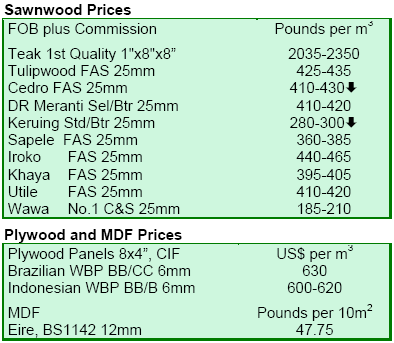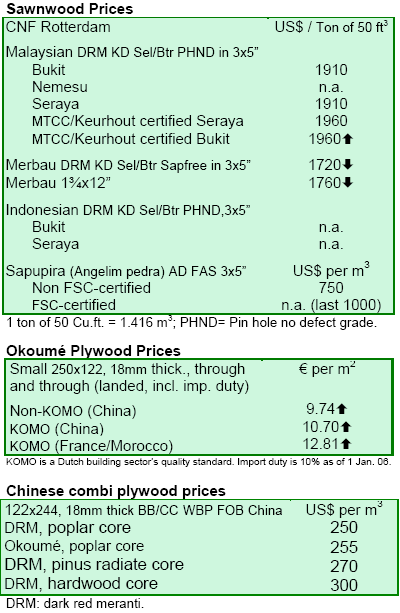|
Report
from the UK
House prices rise marginally in the UK
The Nationwide Building Society¡¯s latest housing survey found that prices rose by 0.8% in July up from 0.3% in June, pushing the annual growth rate to 5.9%. The rise means the average UK property now costs £167,733. Business confidence has grown to its highest level for nine years following a significant upturn in orders,according to Lloyds TSB corporate members. One in
four companies saw sales rise in recent months, a jump from fewer than one in ten early in the year. More than half of the companies enjoyed higher profits in early summer through efficiency drives, helping to overcome fuel and commodity costs.
B&Q owner Kingfisher has reported early signs of progress in the UK DIY market, despite continuing weakness in consumer spending. Sales were up 1.3% in the eleven weeks to mid-July. However, manufacturers saw a fragile pick-up in business over the past 3 months,with some regions faring better than others. According to a survey by the Confederation of British Industry (CBI), the recovery was driven by export growth. Official figures show UK manufacturing output grew by 0.6% in the second quarter.
Interest rates and energy bills rise
Interest rates were raised by the Bank of England early in the month to 4.75% in an effort to keep inflation in check. The surprise move was the first change in borrowing costs in 11 months and the first increase in 2 years. Economic news will take centre stage this coming week as borrowers look at clues on the timing of any future rate rises. With the Bank of England indicating further rises may be on the cards, data on inflation, unemployment and retail sales will be closely watched.
UK companies face another sharp increase in their energy bills as the contract renewal season approaches. About 65% of industrial energy contracts are due for renewal by 1 October and energy brokers are warning that price hikes of 40% are likely.


¡¡
Report
from Netherlands

¡¡
|